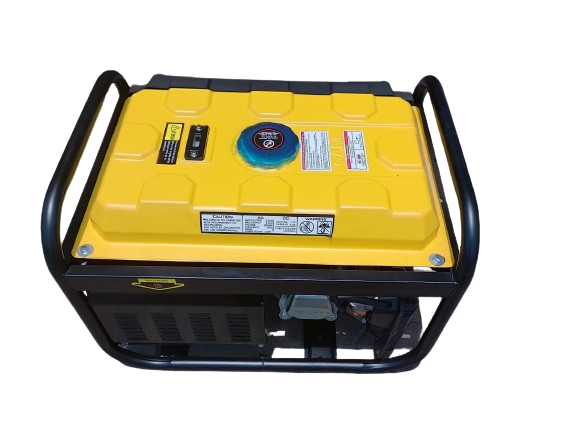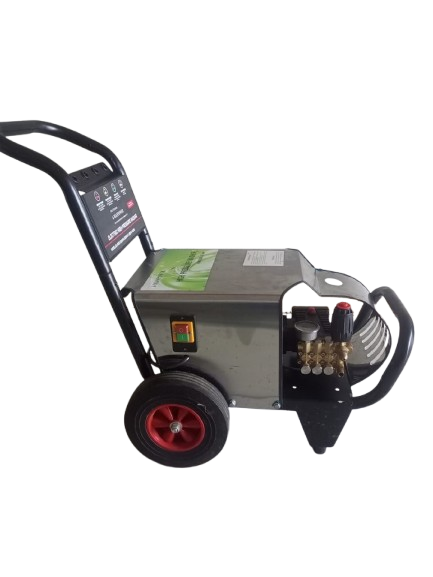Description
Generators are versatile devices that provide electrical power when the main power source is unavailable. They operate by converting mechanical energy into electrical energy. Here’s a brief overview:
Key Features:
- Engine: Contains an internal combustion engine fueled by diesel, gasoline, natural gas, or propane, which drives an alternator to generate electricity.
- Alternator: Converts the mechanical energy from the engine into electrical energy, producing alternating current (AC) that powers electrical devices.
- Voltage Regulator: Maintains a steady output voltage to ensure stable power supply, protecting connected appliances and equipment from damage.
- Fuel Tank: Stores the fuel necessary to power the generator. The capacity varies depending on the generator’s size and intended use.
- Control Panel: Includes controls and indicators for starting, stopping, and monitoring the generator’s operation, as well as output voltage and frequency adjustments.
- Safety Features: May include features such as circuit breakers, overload protection, low oil shutdown, and automatic voltage regulation to ensure safe and reliable operation.
Types of Generators:
- Portable Generators: Compact and mobile units suitable for powering essential appliances and tools during power outages or outdoor activities.
- Standby Generators: Permanent installations designed to provide backup power to homes, businesses, or critical facilities in the event of a utility power failure.
- Inverter Generators: Produce high-quality, stable power suitable for sensitive electronic devices, with the added benefit of fuel efficiency and reduced noise levels.
- Industrial Generators: Heavy-duty units designed for powering large-scale operations, construction sites, or industrial facilities with high power demands.
Applications:
- Emergency Backup Power: Provides electricity during blackouts or grid failures, ensuring continuity of essential services and operations.
- Remote Locations: Powers equipment and machinery in areas without access to grid electricity, such as construction sites, mining operations, or rural communities.
- Recreational Use: Supplies electricity for camping, outdoor events, RVs, and boating, allowing for comfort and convenience away from conventional power sources.
Maintenance:
- Regular engine maintenance, including oil changes, filter replacements, and spark plug checks, to ensure optimal performance and longevity.
- Fuel management to prevent fuel degradation and ensure the generator’s readiness for use when needed.
- Periodic testing and exercising to verify proper operation and readiness for emergencies.
In summary, generators are essential devices that provide reliable backup power in various situations, from residential power outages to industrial applications and outdoor adventures. Understanding their key features, types, applications, and maintenance requirements is crucial for selecting the right generator for specific needs.






Reviews
There are no reviews yet.